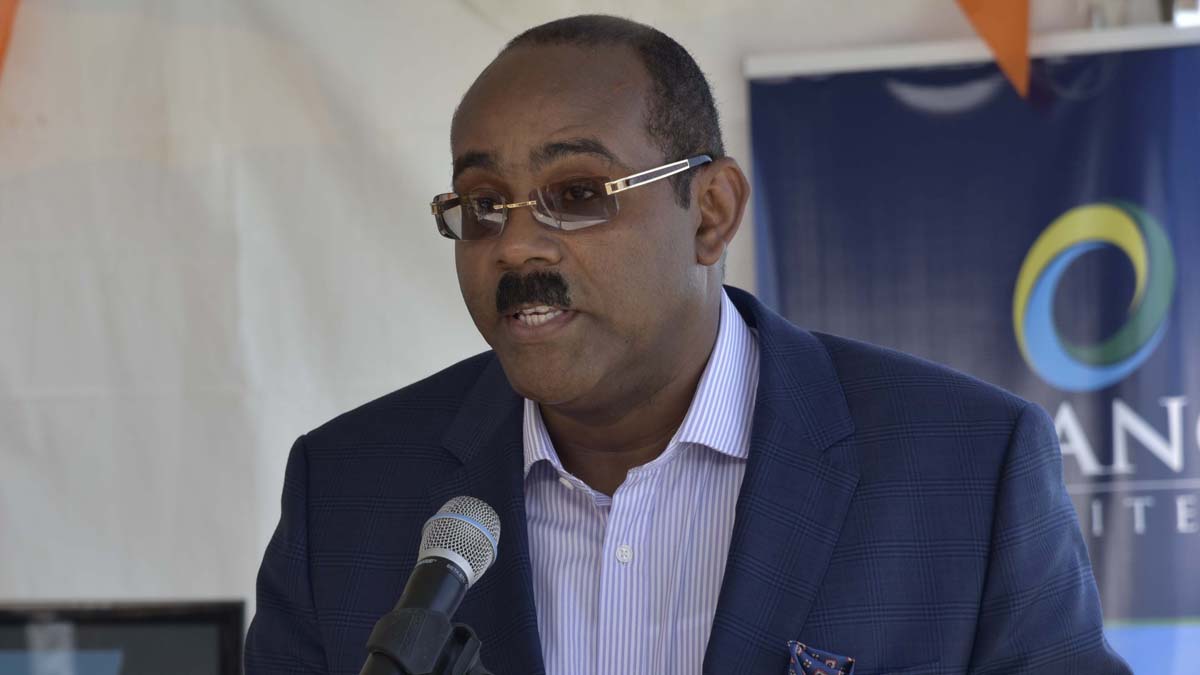By Leon Norville
[email protected]
Fares remain unchanged for travel from Caricom countries into Antigua and Barbuda despite the promise by this country’s Prime Minister that applied taxes would be slashed in half by Monday.
Well-placed sources told Observer on Tuesday that the tax reduction the Prime Minister spoke about can happen, but there are some key processes that must take place, including discussions with critical agencies like the International Air Transportation Association (IATA) before the adjustments are reflected across airport ticketing and accounting systems regionally.
Back in 2020, IATA made an appeal to governments, as part of a worldwide campaign, for emergency government intervention as airlines fought to survive due to the collapse in air travel because of the Covid-19 crisis.
IATA called for tax relief: Rebates on payroll taxes paid in 2020 and/or an extension of payment terms for 2020, along with a temporary waiver of ticket taxes and other government-imposed levies. IATA is of the stance that unwarranted or excessive taxation on international air transport has a negative impact on economic and social development.
When Prime Minister Browne made the announcement of the tax cuts last week, he said the decrease in airport taxes would aid the cash-needy regional airline, LIAT, that is currently under court-ordered administration.
On the Browne and Browne show, the Prime Minister was noticeably clear in expressing sentiments along the lines of what IATA has been calling for.
He said, “There is nothing to lose at this time, very little will [be lost] as a result of cutting those taxes. So, in the case of Antigua and Barbuda, we have taken a decision to cut our regional airport taxes by 50 percent, effective Monday (June 28), and we will do so for six months to see how it impacts revenue, and then to make a final determination going forward as to what percentage is sustainable, if it is 25, 40 or even the 50 percent.”
He added that because of the high-ticket prices with LIAT for example, every country they fly into “they have to pay a tax, you have airport taxes for the passengers. So, our proposal will be one in which we will ask the countries to move in lockstep with each other,” he said, hoping that a “travel bubble of low-risk countries” can be established as soon as possible.
With calls for tax reduction on tickets for LIAT, the question that lingers in the minds of the public is if this reduction in taxes to help LIAT will also apply across other airline companies based on the fair and equitable application of taxes in the industry? That is one reason why IATA must be consulted before this tax reduction takes effect.
Prior to print time, Observer made several attempts to reach out to the Prime Minister as well as the head of the Antigua and Barbuda Airport Authority to address this issue that could possibly have a spin-off reaction with other airlines wanting the same reductions in the future.
Just last week, the Prime Minister met with Caricom leaders, who are members of the Prime Ministerial Sub-Committee on the Caricom Single Market and Economy (CSME), and among the agenda items was the proposal to cut taxes.
Browne said the matter of tax reduction had also been discussed within the sub-regional Organisation of Eastern Caribbean States (OECS) about three weeks ago.

